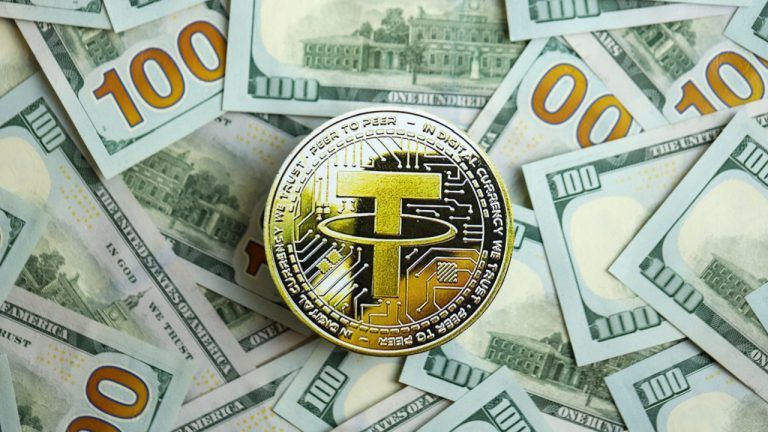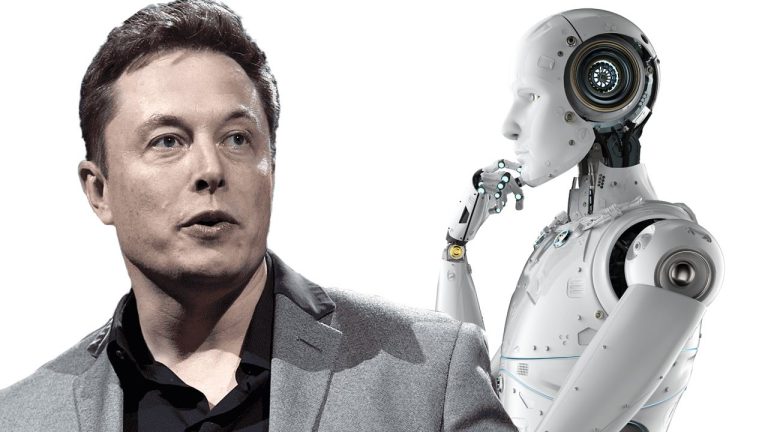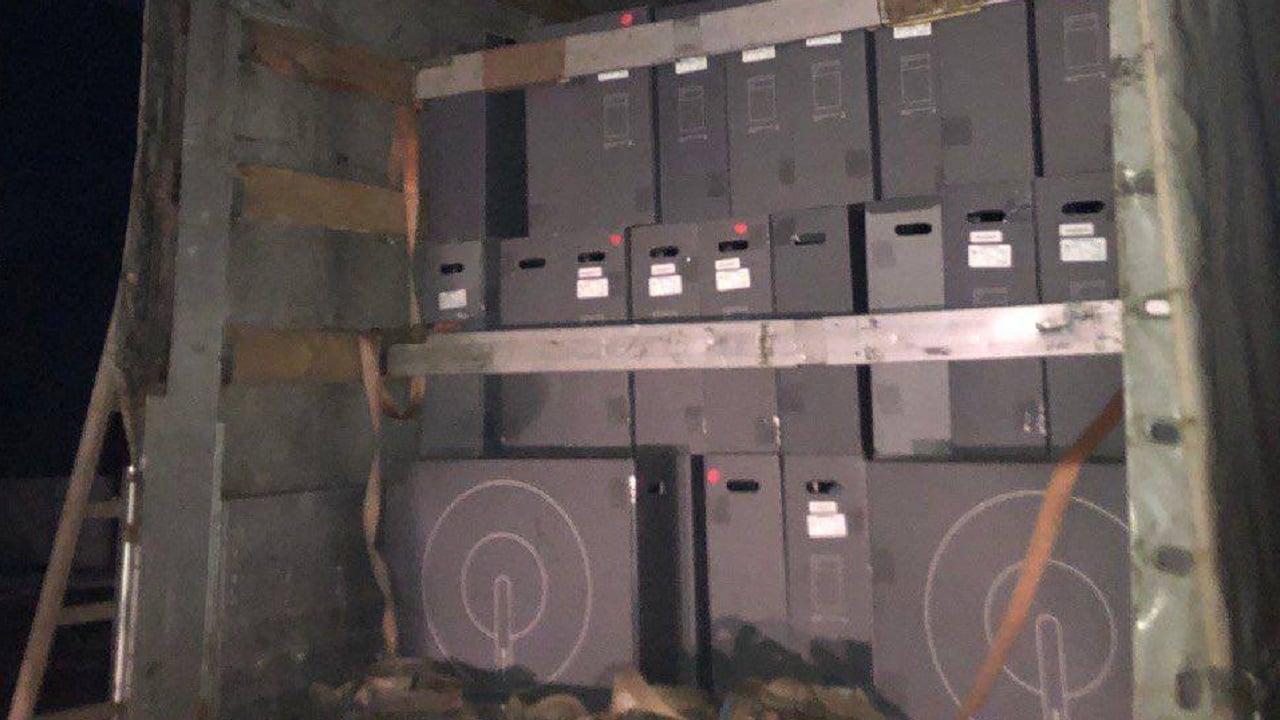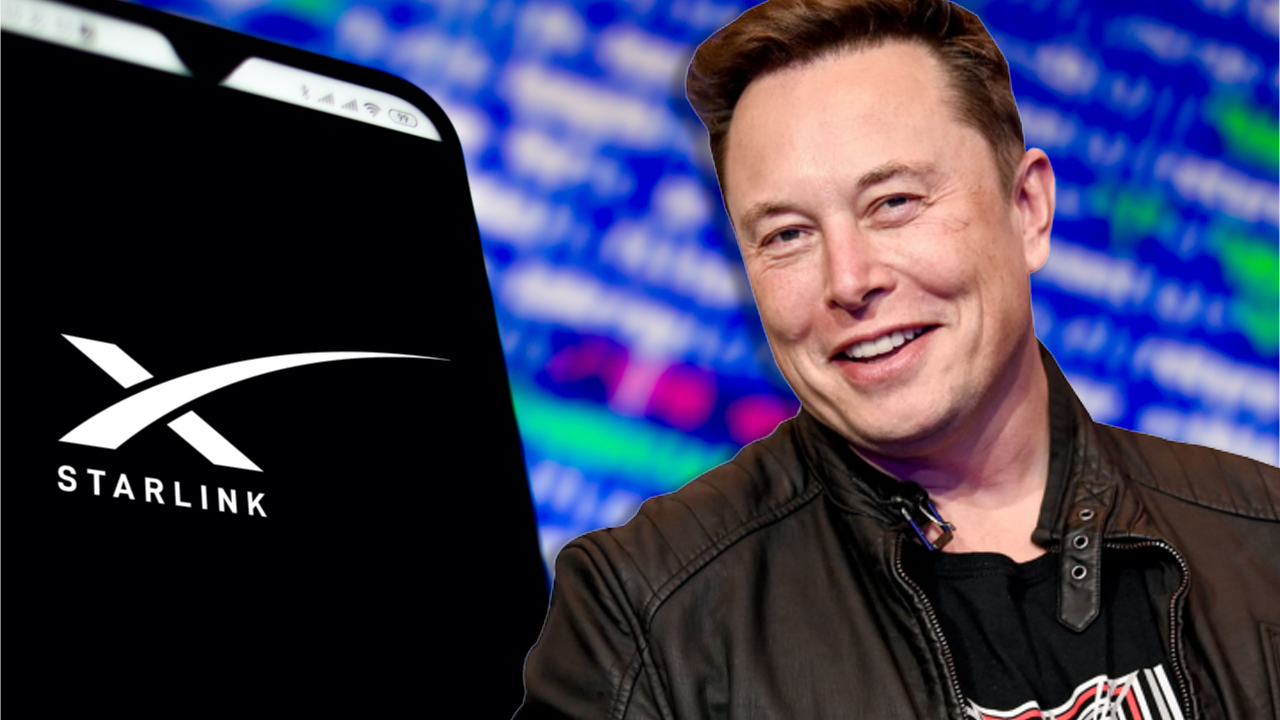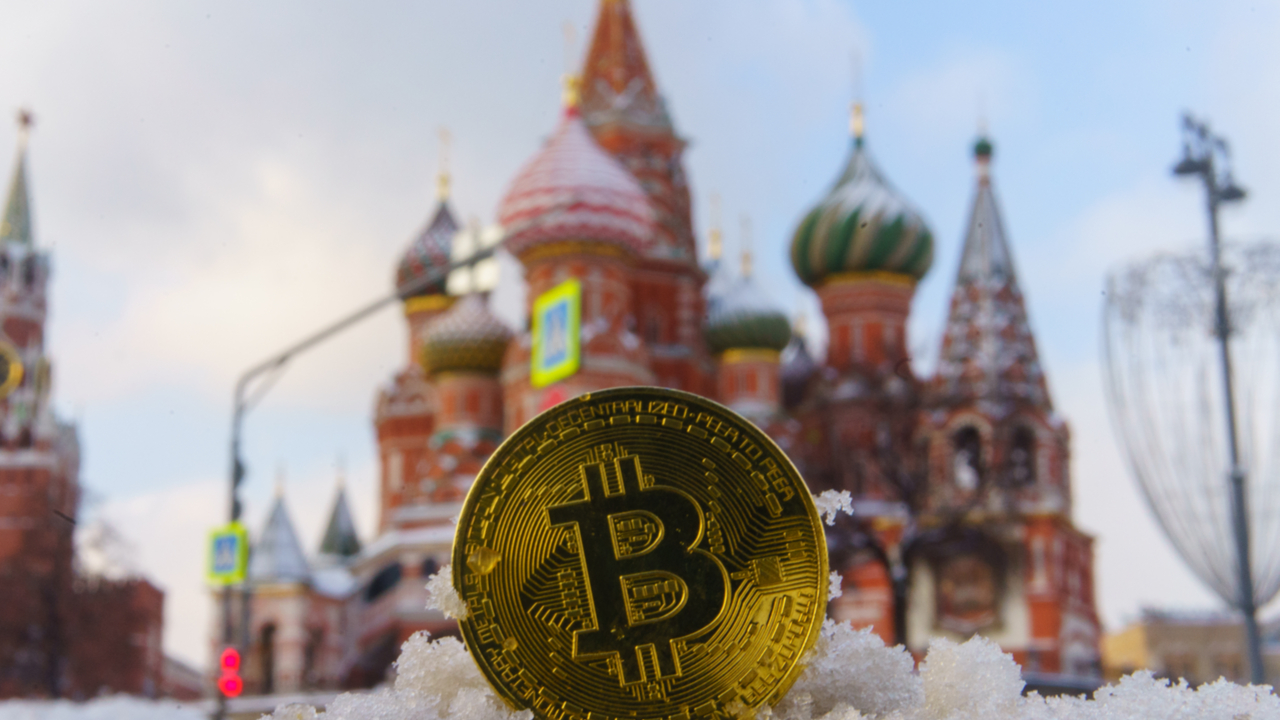
Fans want to journey alongside their favorite musicians as they explore their creativity and expand their catalog. FanSociety hopes to be the Web3 platform that makes this possible.
Nonfungible tokens, or NFTs, took the world by storm in 2019 — and then eroded to near rubble as the entire crypto market contracted and the industry fell into a nearly two-year-long bear market. An objective assessment of the NFT phenomena might conclude that the technology did deliver on a good deal of its promises, and instead of writing off the failed projects as scams, it might be more insightful to take a closer look at what features were needed to make projects successful.
On Episode 35 of The Agenda podcast, hosts Ray Salmond and Jonathan DeYoung spoke with Miles, a Web3 developer who is the creative mind behind FanSociety — a funding mechanism for musicians that borrows and blends ideas from traditional fan clubs of the 1950s with modern crowdfunding ideas and immutable storage on blockchain networks.
Any aspiring musician knows that securing funding for an album is difficult, and of course, once the album is out, locking in fans for life becomes the next hurdle. Miles explained that he envisions FanSociety being used as a tool for creators to connect with their audience, reward loyalty and grow in a way that is more organic than the typical NFT collections that currently exist.
